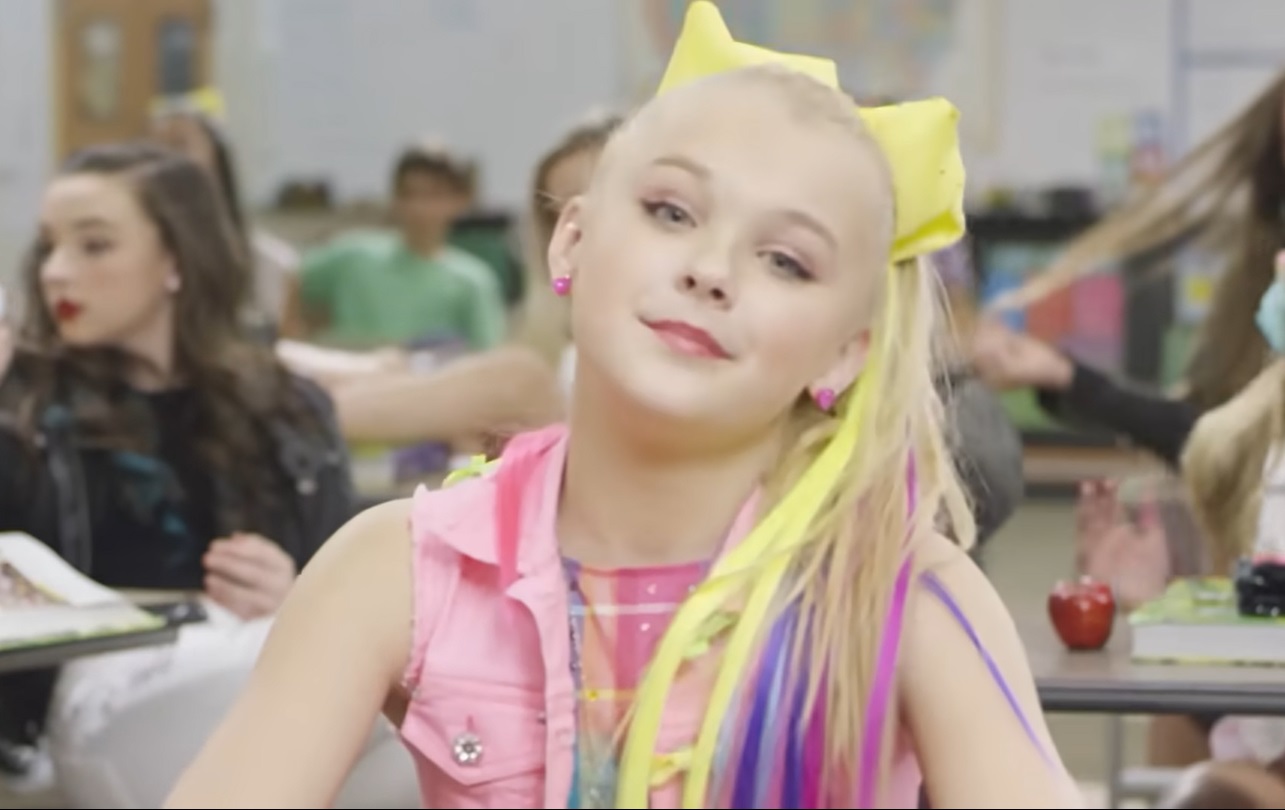Cast your Vote
Posted 8/10/2025 Across TikTok, Instagram, and YouTube, parents are documenting every detail of their children's lives - first steps, meltdowns, birthdays, and bath time. This new world of social media and kids has coined the term "sharenting" and has raised growing ethical concerns. While accepting that many parents are documenting life milestones or continuing to connect with family and friends, others argue it violates children's rights and privacy.
Across TikTok, Instagram, and YouTube, parents are documenting every detail of their children's lives - first steps, meltdowns, birthdays, and bath time. This new world of social media and kids has coined the term "sharenting" and has raised growing ethical concerns. While accepting that many parents are documenting life milestones or continuing to connect with family and friends, others argue it violates children's rights and privacy.
Some child influencers are making serious money, with parents (and, likely, managers) running their accounts and brand partnerships. For example, JoJo Siwa, a popular influencer who rose to fame on her YouTube channel, has reportedly amassed a net worth of 20 million dollars. But who gets the money? Laws like California's Coogan Law, specifically for protecting child actors' earnings, don't cover social media influencers, and there are advocates trying to change that. Advocates want the states to take action to ensure kids benefit from content featuring or profiting off of them.
Psychologists warn that sharenting effects are potentially lasting. Children's digital existence more likely starts before they can walk or talk, and they have little control over their online presence. Teens and young adults have spoken out against parents who post about their lives online, often with embarrassment, anxiety, or bullying as consequences for the child.
There are some concerns for safety as well. Photographs that have geotags, or personal information, can harm children when it comes to identity theft or online exploitation. In the U.S., there are no federal laws that prevent parents from publicly posting about their children.
Some people contend that the issue is not a legal one but an educational one. If parents view digital safety and consent as worth teaching, we may see a reduction in oversharing. Other people identify that it is a child's right to have ownership of their image and data. They also believe that there ought to be age limits or some sort of moderation or censoring on family content. Now that kids have been growing up with a camera at all times, society ought to consider whether their childhood is being shared or sold.

